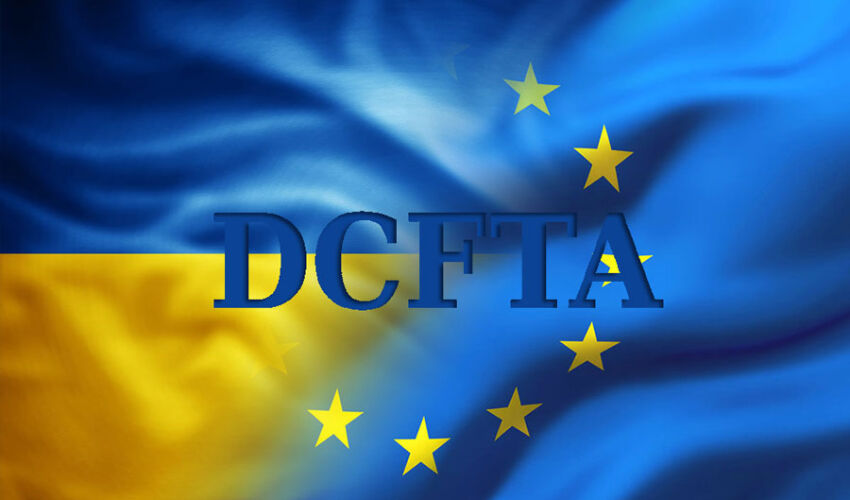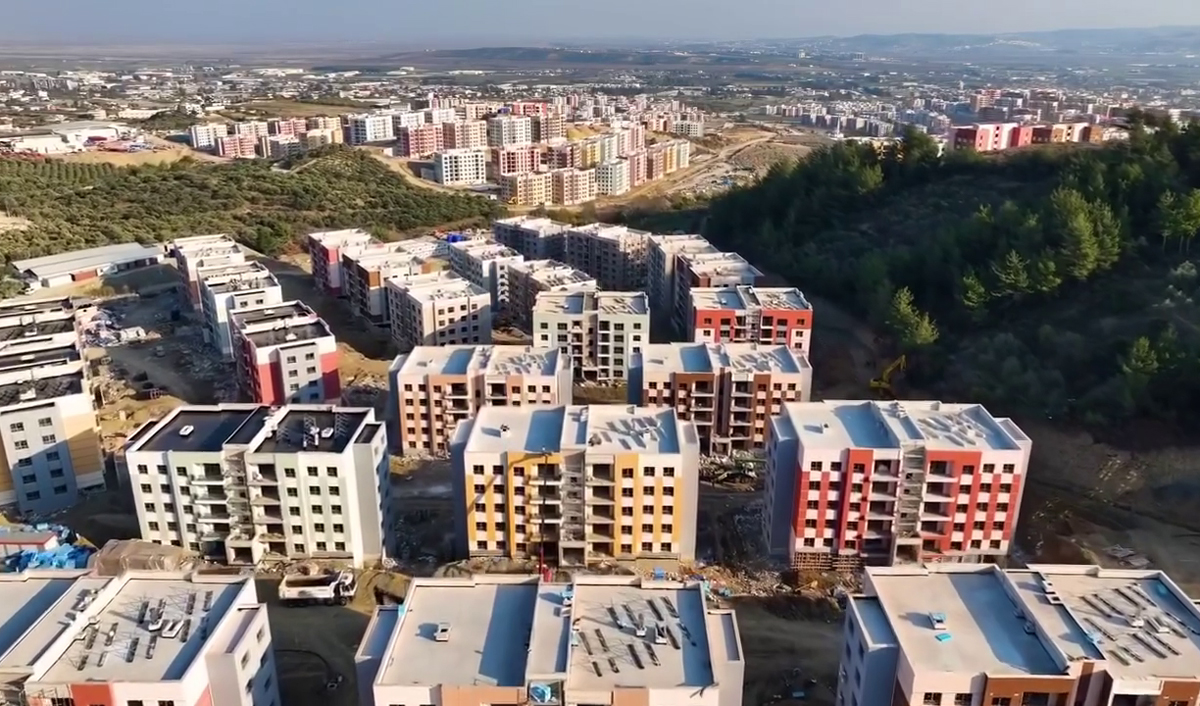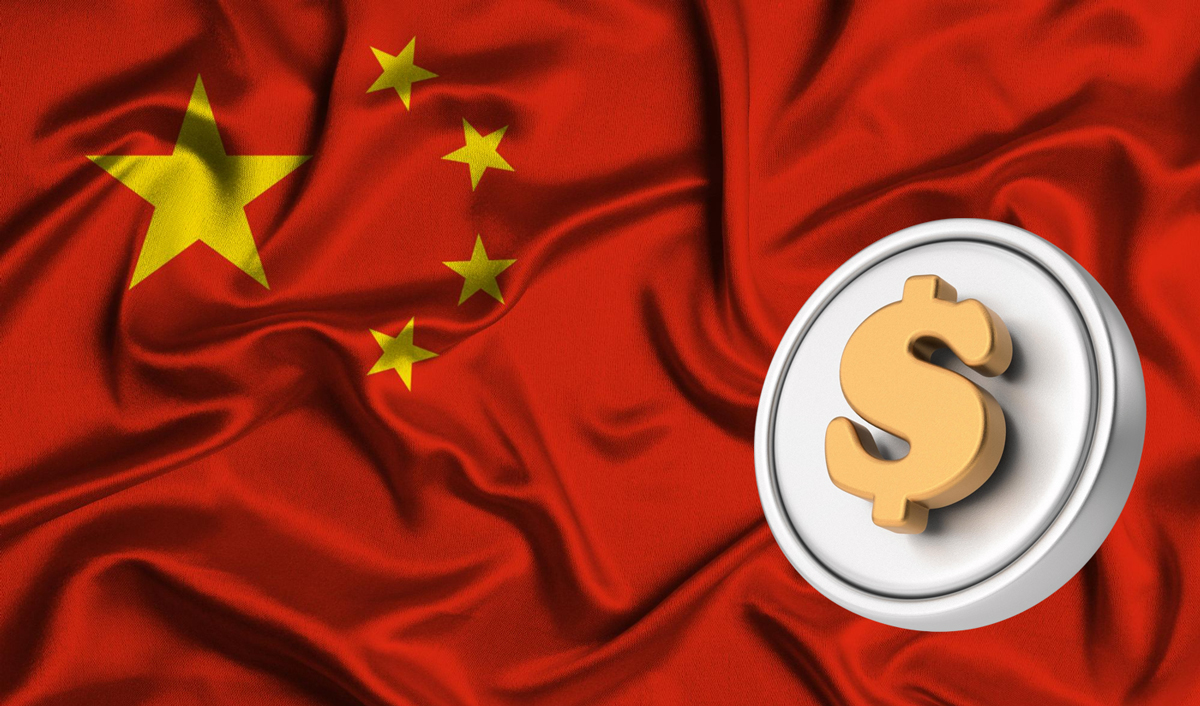
The agreement was the result of intensive negotiations and a rather tense search for compromises that would satisfy both sides.
The fact is that with the start of the military conflict with Russia in 2022, the EU introduced temporary Autonomous Trade Measures for Ukraine, which significantly facilitated the entry of many types of strategically important Ukrainian goods into the European market. In particular, all tariffs and quotas on exports of Ukrainian agricultural products to the EU were abolished.
However, the ATI expired at the beginning of June this year. The conclusion of a new agreement was complicated by the fact that the ATI mechanism provoked an extremely negative reaction and mass protests by farmers in a number of EU countries, including France, Poland, Romania, Hungary and others. They were dissatisfied with the fact that after the removal of trade barriers, imports of many goods to the EU market rose sharply, which created tension with the sale of their own products by farmers in many countries.
In this context, the new agreement, as Euronews notes, is less ambitious but aims to achieve ‘the right balance between supporting Ukraine and the sensitivity of the EU’s agricultural sectors and related issues.’
European Commission President Ursula von der Leyen stressed that this is one of the steps on the path ‘leading to Ukraine’s full integration into our Union.’
Although the full text of the agreement has not yet been published, Euronews provides some details of the document.
Ukraine has committed to bringing its agricultural production standards into line with EU standards by 2028 as part of its efforts to join the European Union.
‘Reliable safeguard mechanisms’ will be introduced to protect EU markets. For important products such as eggs, sugar and wheat, quotas will be increased but will remain below existing trade volumes to maintain market stability.
The new quotas are more restrictive than the virtually complete liberalisation that existed under the ATM.
Some products, however, will be completely liberalised, such as dairy products, mushrooms and grape juice.
Ukraine, in turn, has agreed to significantly increase quotas for imports of pork, poultry and sugar from Europe, while reducing or eliminating duties on other goods. The Commission believes that this will expand export opportunities for EU farmers, especially in European countries bordering Ukraine.
It is expected that the parties will finalise the technical aspects of the document as soon as possible and submit it for approval and ratification by the EU countries and the European Parliament.













